In the UK, laws have been implemented to govern the transport of hazardous materials. This is to ensure safety for people, property, and the environment. It’s essential that companies understand these regulations to prevent any potential risks in the future. At Lesters Logistics, we provide a full ADR delivery service, whatever the size of your business or the business sector you are in. Keep reading to find out more.
What Are Dangerous Goods?
Dangerous goods are substances or items that constitute a risk to health, safety, property, or the environment during transport.
Examples include:
- Flammable liquids (e.g., petrol, solvents)
- Explosives (e.g., fireworks, ammunition)
- Toxic substances (e.g., chemicals, pesticides)
Proper handling and transport of these dangerous goods are crucial to prevent accidents and protect public safety.
Key Regulations Governing the Transport of Dangerous Goods
1. The Carriage of Dangerous Goods and Use of Transportable Pressure Equipment Regulations (CDG) 2009
The CDG 2009 outlines the rules for transporting dangerous goods by road and rail in the UK.
These regulations require businesses to:
- Classify dangerous goods accurately
- Use suitable packaging and labelling
- Ensure drivers and personnel are trained in handling hazardous materials
2. The European Agreement Concerning the International Carriage of Dangerous Goods by Road (ADR)
The ADR framework is essential for the road transport of dangerous goods.
It provides comprehensive guidelines, including:
- Classification of dangerous goods based on their hazards
- Packaging requirements to ensure safe transport
- Labelling standards to identify the risks associated with the goods
Businesses involved in the transportation of dangerous goods by sea or air must also adhere to these standards, as they often form the basis for international regulations.
3. Health and Safety Executive (HSE) Guidelines
The Health and Safety Executive guidelines are about risk assessment and safe practices, helping businesses understand their responsibilities. Compliance with HSE regulations is essential to prevent accidents and ensure the safety of employees and the public.
Training and Certification Requirements
Proper training is required for employees handling dangerous goods. Businesses must make sure that their staff receive adequate training in:
- Safe handling and transport of hazardous materials
- Emergency response procedures
- Understanding regulations and compliance requirements
By completing the training, your employees will receive a certification that verify they have the knowledge and skills to manage dangerous goods safely.
Packaging and Labelling Standards
The packaging of dangerous goods is led by strict standards to prevent leaks and spills.
Key requirements include:
- Using containers designed for the specific type of dangerous goods
- Checking packaging is durable and secure
- Correctly labelling packages to identify the nature of the goods and associated risks
Proper documentation, including safety data sheets and transport documents, is also important to ensure safe transport.
Consequences of Non-Compliance
Failing to comply with dangerous goods regulations can have severe consequences, including:
- Legal penalties, including fines and imprisonment
- Increased insurance costs
- Damage to reputation and loss of business
Non-compliance can also lead to accidents, endangering lives, and the environment. Therefore, businesses must prioritise adherence to regulations and invest in proper training and resources.
Conclusion
Whether you are dealing with road transport of dangerous goods, transportation of dangerous goods by sea, or transport of dangerous goods by air, compliance with these regulations is essential for safety and risk management.
At Lesters Logistics, we are committed to helping businesses navigate these complex regulations, ensuring safe and compliant transport of dangerous goods. Prioritising safety and compliance not only protect your business but also contributes to a safer environment for everyone. Contact our fully-ADR certified specialists on how we can help transport your goods safely.

